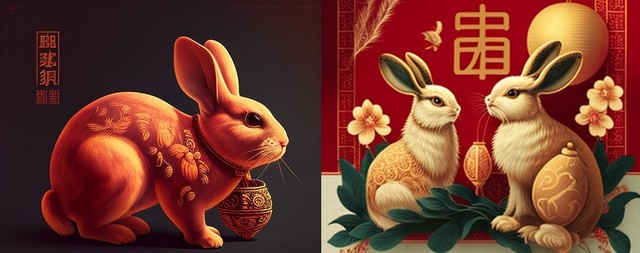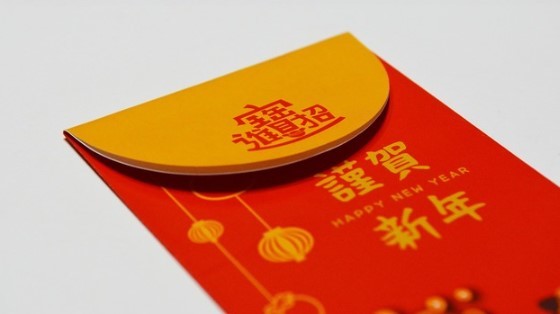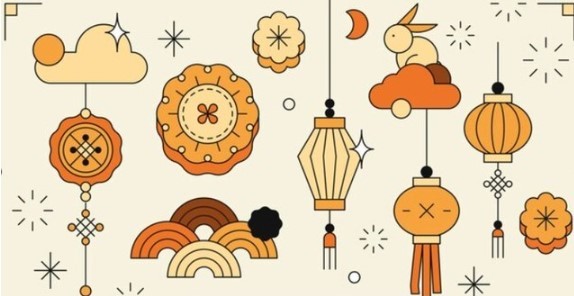Find out what not to do when celebrating this tradition. Explore the following article and be amazed by this ancient Chinese festival.

Lunar New Year is one of the most important celebrations in the world, with more than 2 billion people celebrating worldwide.
In mainland China, the celebrations traditionally last 16 days, from Lunar New Year's Eve to the Lantern Festival. The first seven days, from 21 to 27 January 2023, are public holidays.
Countries such as China, Indonesia, the Philippines, Vietnam, South Korea, Malaysia, North Korea, Singapore and Brunei also have public holidays during the Lunar New Year.

One of the most common traditions during the Lunar New Year is to give red envelopes to children, young and unmarried family members. Every year, around 8 billion red envelopes are delivered to Chinese families around the world. Each envelope contains an equal amount of cash or chocolate coins, symbolising good fortune and wealth for the New Year.

"Kung Hei Fat Choi" is the most common greeting in Hong Kong during the Lunar New Year.
"Kung Hei" means happiness, while "Fat Choi" means to make fortune.
The phrase is said to have originated in the Guangdong region during the Self-Empowerment Movement (1861-1895), when Chinese workers wished their foreign bosses prosperity during the New Year in order to get a bigger share of profits in the coming term.

Chinese New Year Taboos
During the Lunar New Year, there are many things that the Chinese traditionally avoid doing, as they believe that a good (or bad) start to the year will affect the whole year. Some of these taboos will only last for the first few days of the festival (such as cutting hair or washing clothes or hair), while others extend until the Lantern Festival on the 15th day of the first lunar month.
Don't eat porridge or porridge: brings poverty.
Don't break dishes: brings bad luck.
Not to use unlucky words: such as break, run out, ghost, sickness, death.
No crying: brings bad luck.
Do not use scissors or knives: they cut wealth.
No washing hair or clothes on the first day: washes away fortune.
Not to lend or borrow money: leads to debt.
Don't sweep: sweeps away wealth.
In addition to these taboos, there are also several traditions and rituals that are performed during the Lunar New Year to attract good fortune and prosperity. These include placing red decorations on the doors of houses, using incense, burning paper money, and decorating with flowers and fruits.

Lunar New Year is an important celebration around the world, with a host of traditions and rituals performed to attract good fortune and prosperity.
While some of these traditions may seem strange, they have deep roots in Chinese culture and remain very meaningful to those who celebrate them.
It is important to respect and learn about these traditions in order to better understand the celebration of the Lunar New Year around the world.
You may be interested too
The Emotional Calendar 2026: Months Of Greatest And Least Attraction